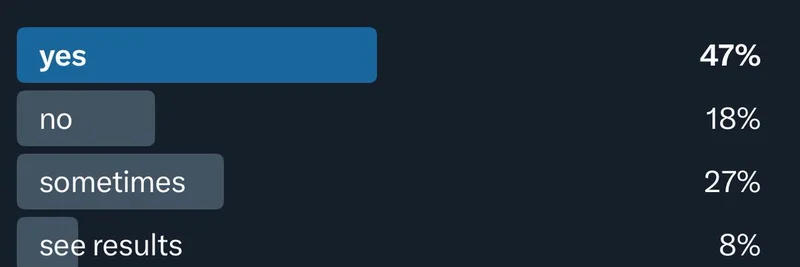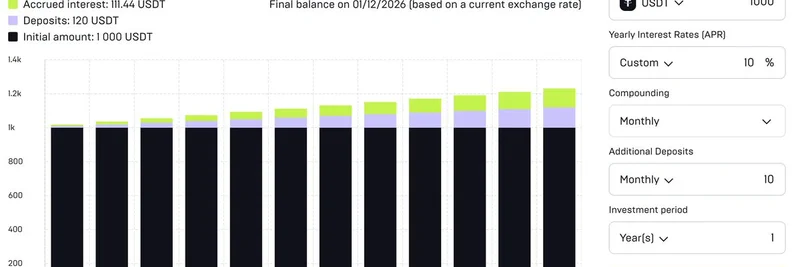Ever wondered if participating in a Decentralized Autonomous Organization (DAO) feels more like a chore than an adventure? Well, a recent poll shared by Solana enthusiast @c2yptic on X (formerly Twitter) suggests that a whopping 47% of respondents think DAO governance is downright boring. With only 18% saying no, 27% admitting sometimes, and 8% just peeking at results, it's clear there's room for improvement in keeping things lively.
The poll, which garnered 45 votes, sparked a conversation about injecting some fun into DAO decision-making, especially on the Solana blockchain. For those new to the term, a DAO is essentially a community-run organization powered by blockchain, where token holders vote on proposals to guide the project's direction. But if it's boring, participation drops, and that's bad news for any crypto project, including the wild world of meme tokens where community hype is everything.
Solana's Game-Changers for DAO Governance
In the tweet, @c2yptic highlights several innovative approaches on Solana that could turn the tide. These aren't just theoretical—they're real tools and protocols designed to make voting more engaging and strategic. Let's break them down simply:
MetaDAO's Futarchy: Imagine governance where decisions are made based on prediction markets. Futarchy, pioneered by projects like @MetaDAOProject, lets participants bet on outcomes using tokens. If a proposal passes, markets predict if it'll boost the project's value. This adds a layer of excitement, like turning votes into a high-stakes game. It's perfect for meme token DAOs where market sentiment drives everything.
Votex's Vote Trading: Why stick to plain old voting when you can trade your votes? @votex_so introduces a marketplace for votes, allowing holders to buy, sell, or delegate influence. This could spice up meme communities by letting passionate holders amplify their voice, potentially leading to more dynamic and meme-worthy decisions.
Realms' Sowellian Model: Drawing from economist Thomas Sowell's ideas, @realmsdaos offers a governance style that emphasizes constrained visions—focusing on practical, iterative improvements over grand utopias. It's about making governance feel achievable and less overwhelming, which could resonate in fast-paced Solana meme ecosystems.
Tribeca's Vote Gauges: Tribeca brings "vote gauges" to the table, a system where votes allocate resources like rewards or liquidity. Similar to veCRV models in DeFi, it encourages strategic voting to maximize personal gains, turning governance into a rewarding puzzle. For meme tokens, this could mean directing emissions to hype-generating initiatives.
The tweet wraps up with a cheerful nudge: "Let your local DAO leaders know 😊." It's a call to action for blockchain practitioners to explore these tools and boost engagement.
Community Reactions and Insights
The thread didn't stop there—replies added more flavor. @_Dean_Machine, a director at Realms DAOs, chimed in with "Sowellian FTW," showing enthusiasm for their model. @c2yptic responded excitedly about its evolution.
Another reply from @ferric jokingly asked, "so we need more communism?" prompting a fun GIF response. Meanwhile, @solblaze_org reminded everyone not to forget their BLZE Gauges, highlighting even more options in the space.
Finally, @1xraccoon suggested "permissionless bribing pools on realms via votex would be cool," pointing to potential future innovations like bribe mechanisms to incentivize votes— a common DeFi tactic that could fit right into meme token strategies.
Why This Matters for Meme Tokens
At Meme Insider, we're all about the chaotic energy of meme tokens, and DAOs are often at the heart of these communities. Boring governance leads to apathetic holders, which can kill the vibe faster than a rug pull. By adopting these Solana innovations, meme projects can keep their communities engaged, driving more participation, hype, and ultimately, value. Whether you're a Solana maxi or just dipping your toes into blockchain, keeping an eye on these developments could give you an edge.
If you're involved in a DAO or running a meme token, why not experiment with one of these? The future of decentralized governance might just be a lot more fun than we thought.


